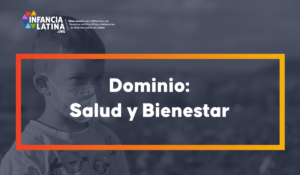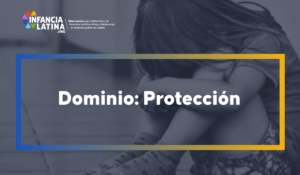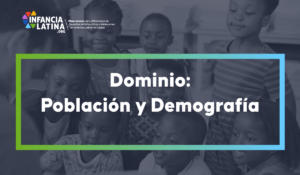Article 28 of the Convention on the Rights of the Child (CRC) proclaims the fundamental right of every child to education, and emphasizes that this right must be exercised “under conditions of equal opportunities”, taking into account the discrimination suffered by many girls and children (especially those who live in rural areas, with disabilities and in particular, girls).
Article 29 of the CRC reflects the global consensus on the fundamental objectives of education, which are developed in the first General Observation of the Committee, which highlights that the holistic development of the girl or boy should be up to the maximum of their possibilities, which includes instilling in them respect for human rights, enhancing their sense of identity and belonging, and their integration into society and interaction with others.
Article 26 of the Universal Declaration of Human Rights establishes that “Education shall have as its objective the full development of the human personality and the strengthening of respect for human rights and fundamental freedoms; it will promote understanding, tolerance and friendship among all nations and all ethnic or religious groups; and will promote the development of United Nations peacekeeping activities. "
According to the UNESCO report “Components for a comprehensive response of the Latin American education sector to COVID-19”, as of April 9, 2020, more than 91% of the world's student population (approximately 1,500 million boys, girls and young people) have been affected by the closure of schools in more than 180 countries, a measure taken to contain the spread of the COVID-19 pandemic. Some of these closures are recent, while others have been for several weeks. In Latin America and the Caribbean, this situation affects more than 156 million students.
According to the latest UNICEF estimates, one year after the start of the pandemic, Latin America and the Caribbean continues to be the region in the world with the highest number of students still not attending classrooms. Boys and girls in this region have missed an average of 158 days of face-to-face classes.
The lack of access to development and educational facilities has forced girls, boys and adolescents to a virtual form of coexistence and learning, however, in the region access to the necessary communication tools is not the same: not all have access o Internet connectivity, computers are lacking and of course a pedagogical update of the distance education system is necessary.
According to the Development Bank of Latin America, Internet access in the region is 68% and excludes a third of the population1. Difficulties in accessing virtual education are even greater for migrant and displaced children, whose access to quality education was already limited before the pandemic.
In the words of education experts from the World Bank, problems prevail in Latin America that already existed before the health crisis, such as high levels of learning poverty, since around 50% of students could not read in an age-appropriate manner. 10 years2.
It is important to review the previous shortcomings of the regional educational system and support its strengthening towards the reconstruction of the post-COVID world.
Finally, and coupled with the central objective of education that includes enhancing their sense of identity, belonging and integration in society, the importance of friendship is connected.
General Comment No. 20 of the Committee on the Rights of the Child, on the rights of children and adolescents, says that “as children go through their second decade, they experience the creation of the essence of themselves, both as individuals, and through the association with their peers ”. It is necessary to promote forms of encounter, socialization and expression that allow girls and boys to enhance their identity and training, even in health emergencies such as the one we are experiencing.
1 Development Bank of Latin America. Available at: https://www.caf.com/es/actualidad/noticias/2020/04/covid-19-cual-es-el-estado-de-la-digitalizacion-de-america-latina-para-la -Social-economic-and-productive-resilience / [Accessed April 3, 2021]
2 World Bank. Education in Latin America faces a silent crisis, which in time will become strident. Available at: https://www.bancomundial.org/es/news/feature/2020/06/01/covid19-coronavirus-educacion-america-latina [Accessed April 3, 2021]


